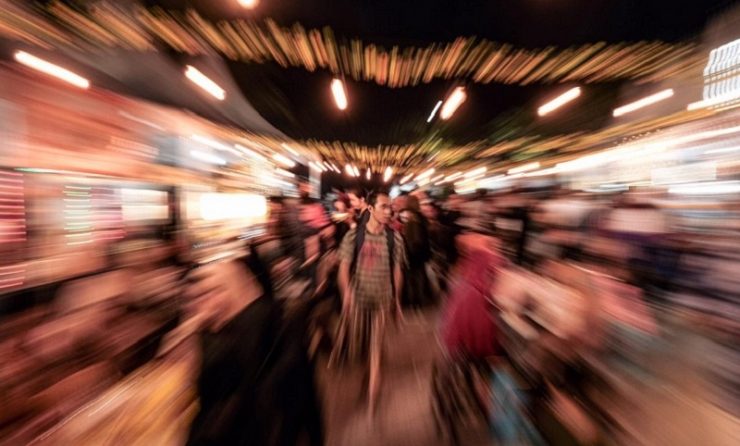TOURISM and creative economy activities with the application of strict health protocols in various regions in the country are expected to be able to push back the national economy which was heavily affected by the COVID-19 pandemic.
According to Minister of Tourism and Creative Economy, Wishnutama Kusubandio, in his statement on Wednesday (5/8) said that the Central Statistics Agency (BPS) in its latest report noted that the national economy in the second quarter of 2020 experienced a negative contraction of 5.32% (YoY). The deepest contraction was experienced by the transportation and warehousing sectors, which contracted 30.84%. The second largest decline was experienced by the accommodation and food and beverage services sector, which experienced a contraction of 22.31%.
“The cause is the cessation of human movement due to the pandemic which has made people more active at home. In addition, there are also many closings of recreational and entertainment venues which have an impact on the decline in occupancy rates of hotel rooms and restaurants. So that the impact on the tourism supporting sector and creative economy such as transportation is quite large,” Wishnutama said.
However, since the easing of the Large-Scale Social Restrictions (PSBB) policy was implemented by several regional governments, the national economy has slowly begun to move. Finally, the Provincial Government of Bali is reopening the tourism sector for domestic tourists.
“For that I hope that tourism activities can boost the national economy again. However, he reminded that the implementation of health protocols is an absolute requirement that must be considered in this regard. Not only for the community, but also for business actors in the tourism sector and the creative economy,” he noted.
He added that we have initiated the InDOnesia CARE campaign, a communication strategy to build public trust and prove that all business premises in the parecraf sector prioritize the principles of cleanliness, health, safety and a sustainable environment for their consumers.
Meanwhile, for the industrial sector, the government has rolled out various policies and facilitated fiscal and non-fiscal stimulus for parekraf business actors in the National Economic Recovery (PEN) program. Among them are encouraging parekraf actors to take advantage of the bailout funds channeled through the Association of State-Owned Banks (Himbara).
As well as the latest government guarantees for labor-intensive corporations which are carried out through the provision of guarantee facilities so that banks can increase working capital credit exposure to business actors in priority sectors. One of them is tourism, namely hotels and restaurants.
“The Ministry of Tourism cannot work alone to face all the impacts arising from the COVID-19 pandemic. There needs to be joint efforts with good collaboration between the government, industry and the community,” he added.
Previously the Head of BPS Suhariyanto in his statement said that national economic growth in the second quarter of 2020 which contracted by minus 5.32% was the lowest since 1999. Tracing back to economic growth in the quarter, this contraction of 53.2% was the lowest since the first quarter of 1999 which experienced a contraction of minus 6.13%.
Nevertheless, he invited all parties to build optimism that the third quarter of 2020 economic activity would improve. Since the relaxation of the PSBB in early June 2020 onwards, there has been an economic movement, although it is still far from returning to normal.
“For that we need to work together. We all have to work hand in hand to build optimism so that we all unite to fight COVID-19 and one of the most important keys to achieving national economic recovery is our discipline to strictly adhere to health protocols,” concluded. Suhariyanto. [traveltext.id/photo special]
















